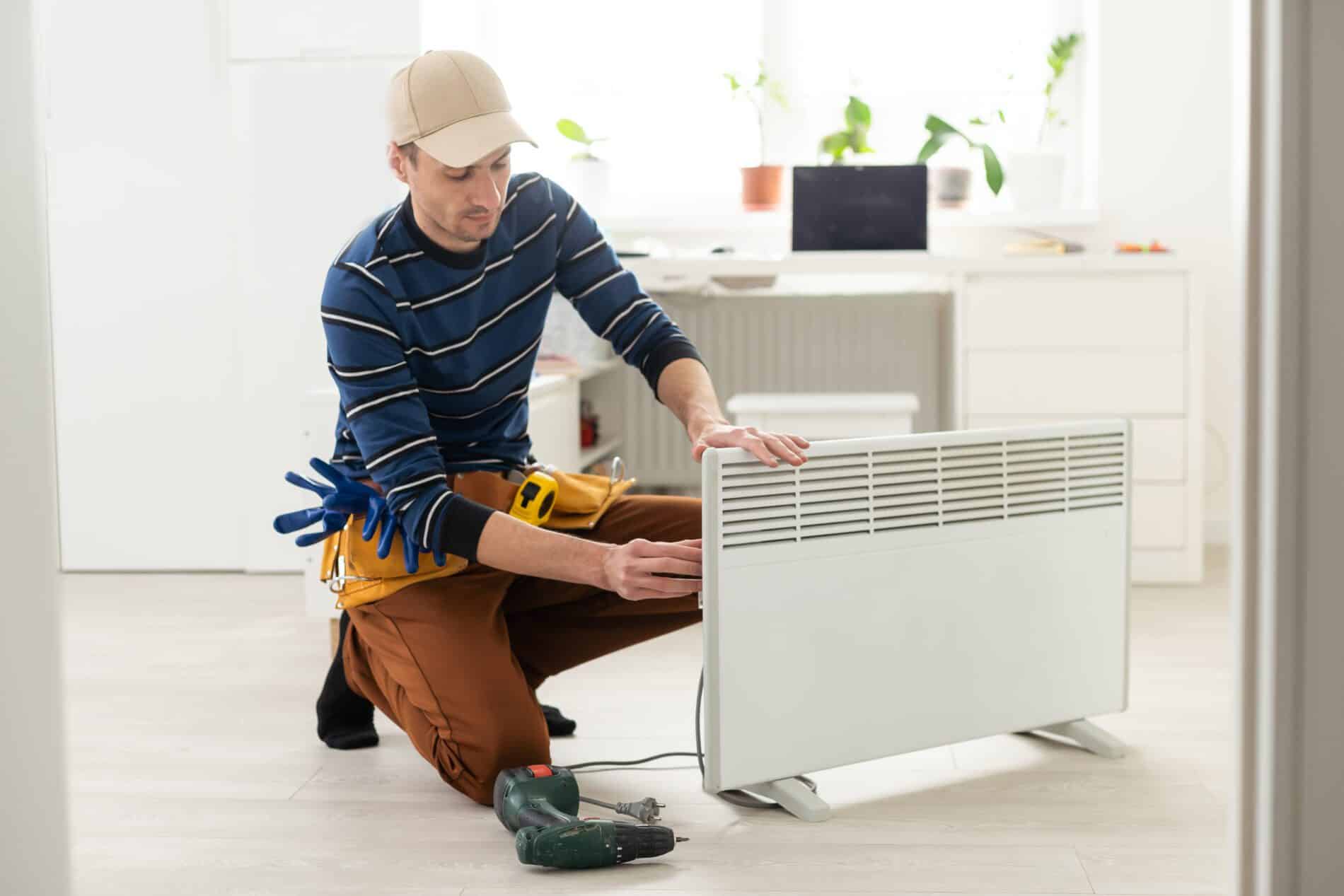Repairing Standard Water Heater Issues
Repairing Standard Water Heater Issues
Blog Article
This great article below in relation to Common Problems with Your Home Water Heater is incredibly compelling. Have a go and draw your own personal assumptions.

Imagine beginning your day without your routine hot shower. That currently establishes a bad tone for the remainder of your day.
Every home needs a trustworthy hot water heater, however just a few know exactly how to take care of one. One simple method to keep your hot water heater in top shape is to check for mistakes on a regular basis as well as repair them as soon as they appear.
Bear in mind to switch off your hot water heater before smelling around for faults. These are the hot water heater mistakes you are probably to come across.
Water as well hot or too cool
Every hot water heater has a thermostat that identifies exactly how hot the water gets. If the water entering into your home is too warm in spite of setting a convenient optimum temperature level, your thermostat may be malfunctioning.
On the other hand, too cold water might be due to a fallen short thermostat, a damaged circuit, or inappropriate gas flow. For example, if you utilize a gas hot water heater with a broken pilot burner, you would certainly get cold water, even if the thermostat remains in perfect condition. For electrical heaters, a blown fuse may be the culprit.
Inadequate warm water
Hot water heater been available in several dimensions, depending upon your hot water demands. If you lack hot water before every person has had a bathroom, your hot water heater is also tiny for your family size. You should consider setting up a larger water heater tank or selecting a tankless water heater, which occupies much less space and is a lot more resilient.
Unusual sounds
There go to the very least five type of sounds you can learn through a water heater, but one of the most common analysis is that it's time for the water heater to retire.
Firstly, you should be familiar with the typical sounds a hot water heater makes. An electrical heating system may appear different from a gas-powered one.
Standing out or banging sounds generally suggest there is a slab of debris in your tanks, and it's time to cleanse it out. On the other hand, whistling or hissing sounds might simply be your shutoffs letting some pressure off.
Water leakages
Leakages can come from pipes, water links, valves, or in the worst-case circumstance, the container itself. Over time, water will certainly wear away the container, as well as find its escape. If this happens, you require to replace your hot water heater asap.
Nonetheless, prior to your change your entire container, make certain that all pipes remain in place which each valve works perfectly. If you still require assistance determining a leakage, call your plumber.
Rust-colored water
Rust-colored water suggests one of your water heater components is worn away. It could be the anode rod, or the container itself. Your plumber will certainly have the ability to determine which it is.
Lukewarm water
No matter exactly how high you set the thermostat, you won't get any type of warm water out of a heating unit well past its prime. A water heater's performance may reduce with time.
You will certainly also get warm water if your pipelines have a cross connection. This means that when you activate a faucet, hot water from the heating system flows in together with routine, cold water. A cross link is very easy to area. If your hot water faucets still follow shutting the water heater valves, you have a cross link.
Discoloured Water
Corrosion is a significant source of unclean or discoloured water. Deterioration within the water storage tank or a stopping working anode rod could create this discolouration. The anode pole safeguards the tank from rusting on the inside and ought to be examined annual. Without a pole or a correctly functioning anode rod, the warm water swiftly rusts inside the container. Get in touch with a specialist water heater professional to figure out if changing the anode pole will certainly take care of the trouble; if not, change your water heater.
Conclusion
Ideally, your hot water heater can last ten years before you require a change. Nonetheless, after the 10-year mark, you might experience any of these mistakes more routinely. At this moment, you need to include a new water heater to your budget.
How To Troubleshoot 3 Common Water Heater Problems in Twin Cities
The Water Heater Is Leaking
A leaky cold water inlet valve A loose pipe fitting A leaky temperature and pressure relief valve A corroded anode rod A cracked tank Turn Off Your Water Heater:
Shut off your gas water heater by turning the gas valve on the unit to the “OFF” position. Shut off your electric water by switching its power off at your electrical panel. Look for a two-pole breaker labeled “water heater” and turn it to the “OFF” position. Move the ball valve connected to the water heater to be perpendicular to the piping at a 90° angle. Look for the Leak:
Depending on whether the water is coming from the tank's top or bottom, you’ll want to look for the leak in different locations.
If the leak comes from the top of the tank, carefully look for water escaping from the cold water inlet valve or loose pipe fittings. Rusted hot and cold water valves can have loose connections with the tank, with water leaking out of them.
https://mspplumbingheatingair.com/blog/how-to-troubleshoot-3-common-water-heater-problems
I'm very drawn to Common Problems with Your Home Water Heater and I am praying you appreciated my piece. Sharing is good. Helping people is fun. I thank you for reading our article about Common Problems with Tank Water Heaters.
Quality commitment here. Report this page